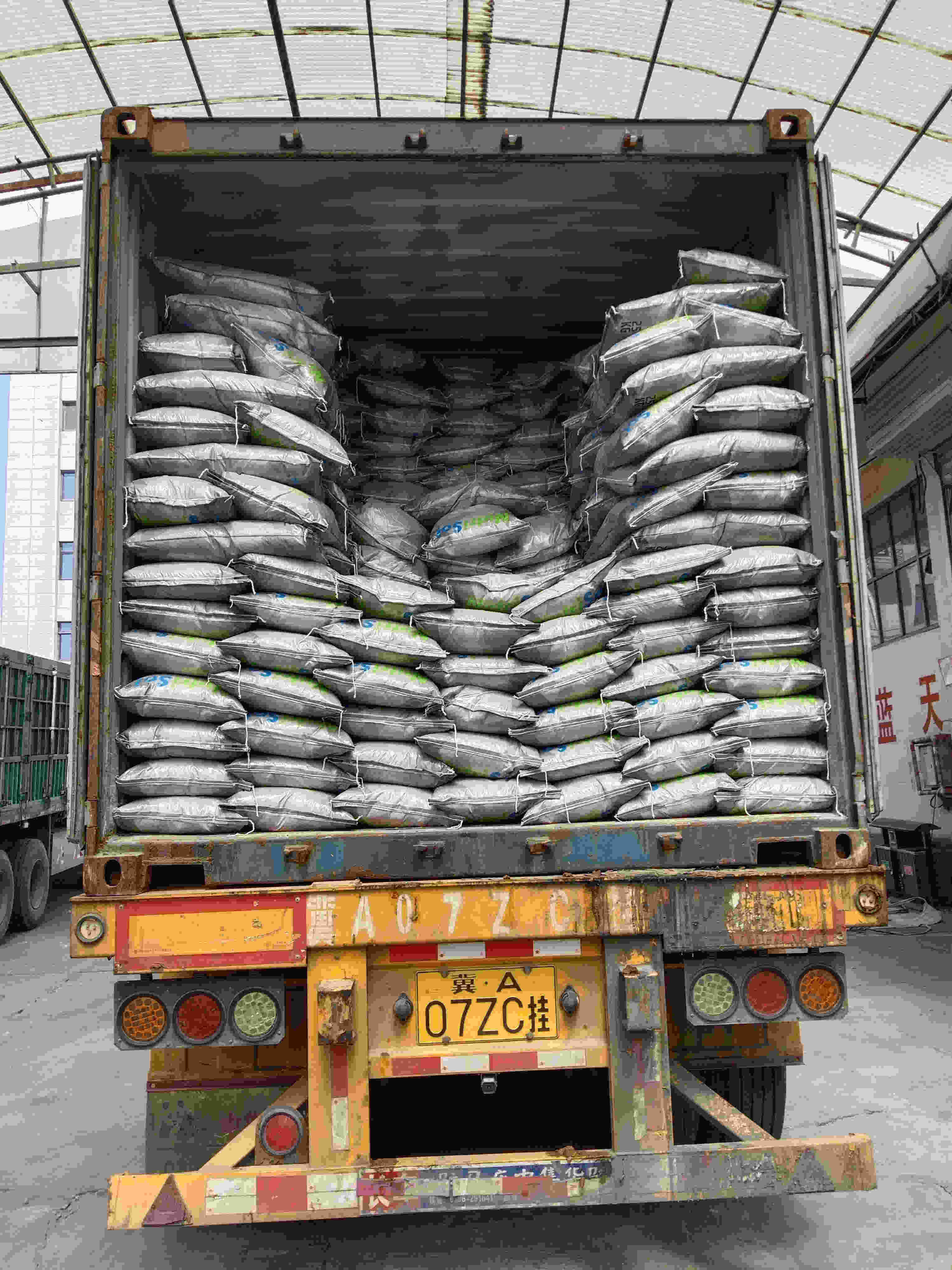
Nov . 05, 2024 15:31 Back to list
agriculture npk fertilizer manufacturers
The Role of NPK Fertilizers in Modern Agriculture
In the contemporary landscape of agriculture, the pursuit of enhanced crop yields and sustainable farming practices has led to the widespread adoption of fertilizers, particularly NPK fertilizers. NPK stands for Nitrogen (N), Phosphorus (P), and Potassium (K), which are the three primary nutrients essential for plant growth. These fertilizers are manufactured by various companies worldwide and play a crucial role in ensuring food security, improving soil fertility, and maximizing agricultural productivity.
Understanding NPK Fertilizers
NPK fertilizers are formulated to provide essential nutrients to plants in a balanced ratio. Each nutrient in NPK contributes to different aspects of plant health
- Nitrogen (N) is critical for the growth of leaves and stems. It is a major component of chlorophyll, the molecule responsible for photosynthesis. A sufficient nitrogen supply promotes vigorous growth and helps plants achieve a lush, green appearance.
- Phosphorus (P) is vital for root development, flowering, and seed formation. It plays a key role in energy transfer within the plant and is essential for the formation of DNA and RNA, making it crucial for overall plant development.
- Potassium (K) helps regulate various physiological processes in plants, including water uptake, enzyme activation, and photosynthesis. Adequate potassium levels enhance drought resistance and improve fruit quality.
These nutrients are typically found in various ratios, such as 10-10-10 or 20-10-20, allowing farmers to select the right type of fertilizer based on specific crop needs and soil conditions.
The Manufacturing of NPK Fertilizers
The production of NPK fertilizers involves several steps, including the extraction of raw materials, formulation, and granulation. Manufacturers source raw materials such as ammonia for nitrogen, phosphate rock for phosphorus, and potassium chloride or potassium sulfate for potassium. These materials are then processed and combined in precise ratios to create the desired NPK mixture.
Leading manufacturers employ advanced technologies and processes to ensure consistency, quality, and environmental safety in their fertilizers. Many now focus on producing slow-release formulations or coated fertilizers that minimize nutrient leaching and promote prolonged nutrient availability, aligning with sustainable agricultural practices.
agriculture npk fertilizer manufacturers

Benefits of NPK Fertilizers
The use of NPK fertilizers offers numerous benefits to farmers and the agricultural sector as a whole
1. Increased Crop Yield By supplying essential nutrients, NPK fertilizers significantly enhance crop productivity, allowing farmers to meet the growing demand for food globally.
2. Improved Soil Fertility Regular application of NPK fertilizers can help replenish depleted soil nutrients, leading to healthier soil and better crop performance over time.
3. Customization Farmers can choose from a range of NPK formulations tailored to specific crops, growth stages, and soil types, facilitating more efficient nutrient management.
4. Environmental Sustainability When used responsibly, NPK fertilizers can contribute to sustainable farming by optimizing resource use and reducing the need for fallow periods, thus maintaining food production year-round.
Challenges and Considerations
Despite their advantages, the use of NPK fertilizers comes with challenges. Overapplication can lead to nutrient runoff, resulting in water pollution and contributing to issues such as eutrophication. To combat this, manufacturers and agricultural experts advocate for precision farming techniques, which use soil testing and data analysis to apply fertilizers more efficiently and in accordance with crop needs.
Moreover, the environmental impact of fertilizer production and transportation raises concerns. Many manufacturers are actively seeking to optimize their processes, reduce carbon footprints, and develop eco-friendly products.
Conclusion
NPK fertilizers are indispensable in modern agriculture, providing the necessary nutrients to support robust plant growth and high yields. As the global population continues to rise, and the demand for food increases, the role of NPK fertilizers will only become more critical. By striking a balance between effective nutrient management and environmental stewardship, agriculture can meet present and future challenges while promoting sustainable development. Through collaboration between manufacturers, farmers, and researchers, the future of NPK fertilizers can be both productive and sustainable, ensuring food security for generations to come.
-
Premium 8 12 16 Fertilizer – High-Efficiency Compound & Granular NPK Supplier
NewsJun.10,2025
-
High Quality Agricultural Grade NPK Fertilizer Manufacturer & Supplier Reliable Factory Price
NewsJun.10,2025
-
Organic Fertilizer for Corn Boost Yield Sustainably
NewsJun.10,2025
-
Organic Fertilizer for New Plants Natural Growth Boost & Eco Nutrients
NewsJun.10,2025
-
Optimized Hydroponic NPK Fertilizer – Fast Growth & Nutrients
NewsJun.09,2025
-
Top-Rated NPK Fertilizer for Fruit Trees - Boost Growth & Yield
NewsJun.09,2025
